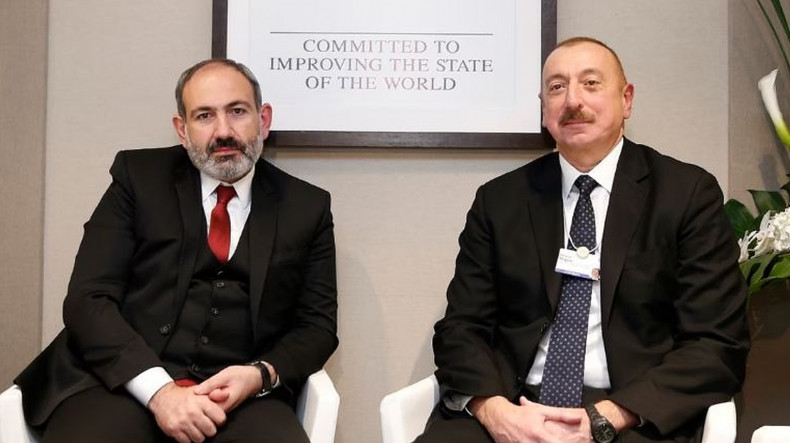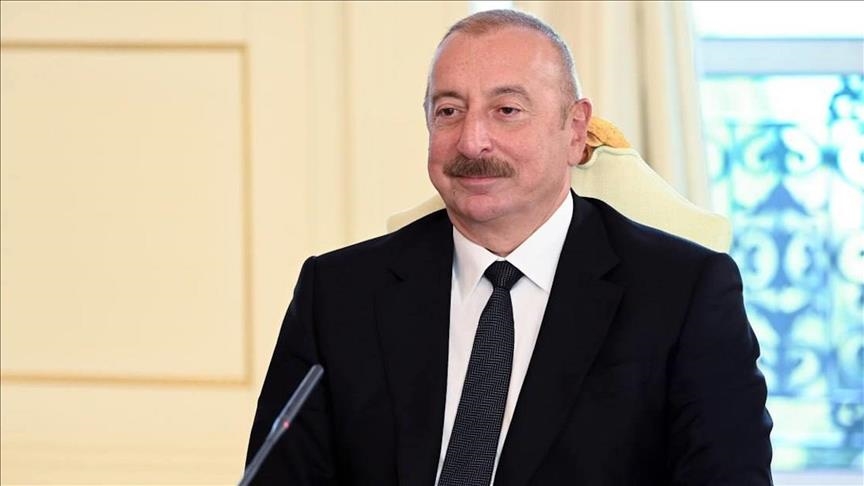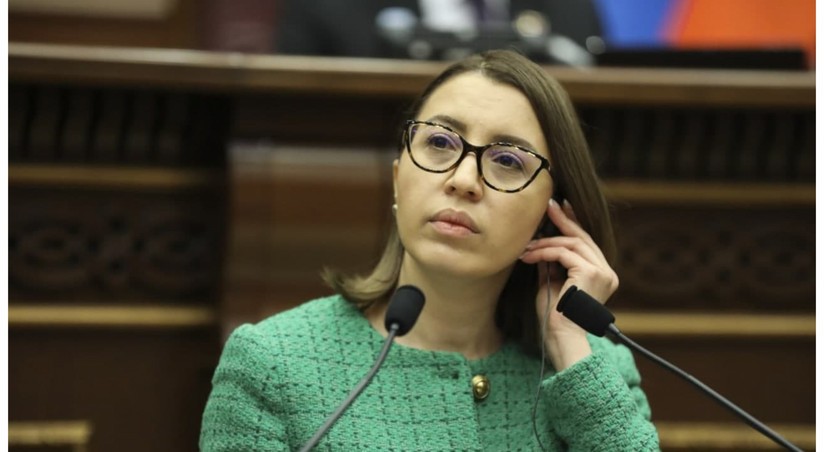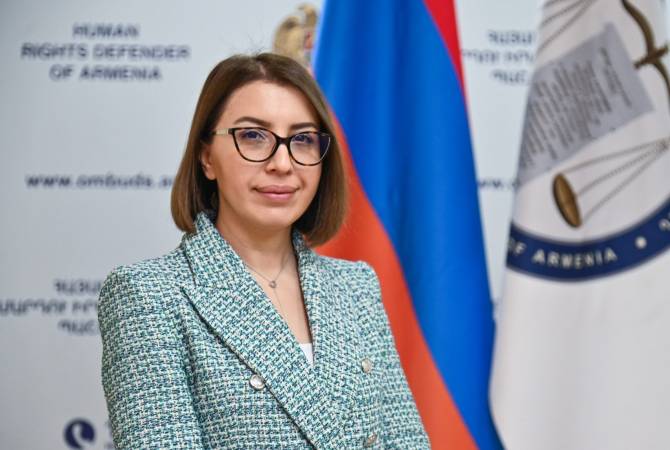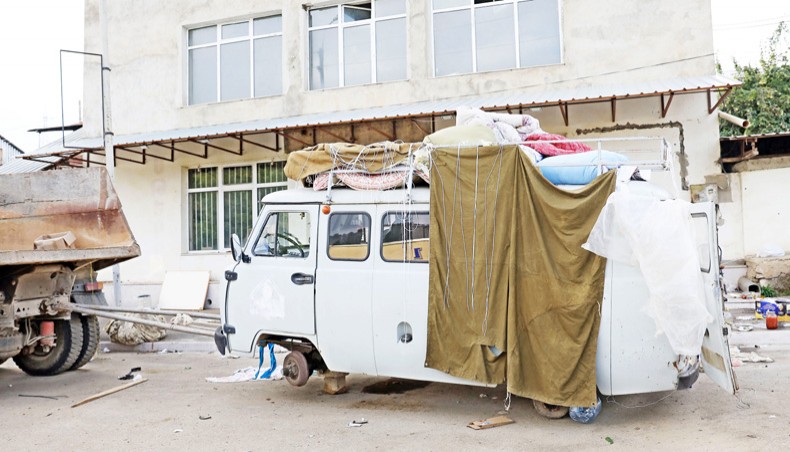Authorities in Azerbaijan reportedly have arrested more former separatist leaders of Nagorno-Karabakh after Baku reclaimed control of the ethnic Armenian-populated breakaway region in a lightning military operation last month.
Arayik Harutiunian, who led the region before stepping down as president at the beginning of September, was arrested and was being transported to the Azerbaijani capital, sources confirmed to RFE/RL on October 3.
Arkadi Gukasian, who served as the separatist president from 1997 to 2007, and Bako Sahakian, who held the job from 2007 to 2020, were also arrested along with the speaker of the separatist legislature, Davit Ishkhanian.
Gukasian, Sahakian, and Ishkhanian have already been transported to Baku, sources told RFE/RL. The arrests have not been officially confirmed.
The arrests follow the detention of other officials by Azerbaijan’s State Security Service (DTX). The DTX said on September 29 that it detained Davit Manukian, a former deputy commander of the breakaway region’s de facto armed forces, on “terrorism” charges. Two days earlier, Azerbaijan arrested the former de facto prime minister of Nagorno-Karabakh, billionaire Ruben Vardanian.
Sources close to ethnic Armenian de facto authorities in the region confirmed to RFE/RL on September 29 that Azerbaijani officials also detained Levon Mnatsakanian, a former commander of Nagorno-Karabakh’s separatist armed forces, at a border checkpoint with Armenia.
Other leaders of Nagorno-Karabakh have arrived safely in Armenia, according to State Minister Artur Harutiunian. He told RFE/RL on October 3 that he arrived in Armenia through the Azerbaijani checkpoint accompanied by the director of the National Security Service (NSS), Ararat Melkumyan, Internal Affairs Minister Karen Sargsian, and the head of the presidential administration Karen Shahramanian.
Artur Harutiunian did not comment on the detention of the former presidents and the speaker of parliament, saying only that when they were escorted out, they were still in Stepanakert.
Other details could not be verified because communications with Nagorno-Karabakh have been disrupted.
Although Baku pledged to respect the rights of ethnic Armenians after the military campaign, most of the population have fled the region fearing reprisals after three decades of separatist rule.
The UN mission has sent a mission to Nagorno-Karabakh to assess humanitarian needs in the region, but an Armenian official complained on October 3 that it “has done everything possible to legitimize ethnic cleansing, illegal arrests, destruction of civil infrastructure and other crimes carried out by Azerbaijan.”
Edmon Marukian, Armenian ambassador-at-large, said the people in the mission “discredit the UN as an institution.”
Marukian made the comments on X, formerly Twitter, but they were later deleted.
Armenia has also filed a lawsuit with the UN International Court of Justice (ICJ) to prevent the targeting of ethnic Armenians.
The lawsuit says Yerevan expects that Baku will “refrain from taking punitive measures against current or former political representatives or military personnel of Nagorno-Karabakh.”
Photo Gallery:
Nagorno-Karabakh, which along with seven adjacent districts had been under ethnic Armenian control for nearly three decades prior to the war in 2020, is internationally recognized as part of Azerbaijan.
The 2020 war ended with a Russian-brokered cease-fire, under which Moscow deployed about 2,000 troops to the region to serve as peacekeepers.
Azerbaijan’s presidential office said the country has presented a plan for the “reintegration” of ethnic Armenians in the region, noting that “the equality of rights and freedoms, including security, is guaranteed to everyone regardless of their ethnic, religious or linguistic affiliation.”
With reporting by AP and Reuters
